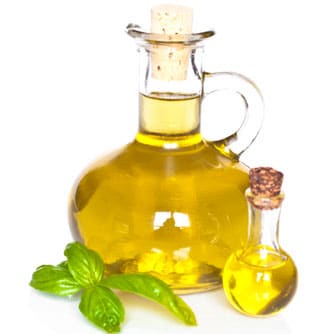Low HDL (high density lipoprotein, “good” cholesterol) levels and high LDL (low density lipoprotein, “bad” cholesterol) levels are a risk factor for cardiovascular disease. Previous studies have suggested that the addition of dietary monounsaturated fat (MUFA), common in the Mediterranean diet, is a viable approach to raising HDL levels. David Jenkins, from St. Michael’s Hospital (Ontario, Canada), and colleagues recruited 17 men and 7 postmenopausal women to complete a very low saturated fat diet before being randomly assigned to either a high-MUFA diet or a low- MUFA diet. Both groups of patients were assigned to a specific vegetarian diet which included oats, barley, psyllium, eggplant, okra, soy, almonds and a plant sterol enriched margarine. In the high-MUFA group, the researchers substituted 13% of calories from carbohydrates with a high-MUFA sunflower oil, with the option of a partial exchange with avocado oil. The team found significant reductions in blood cholesterol levels over the two month study period for participants, with the replacement of 13% of total calories from carbohydrate by monounsaturated fats in the dietary portfolio resulting in a 12.5% greater increase in HDL and lowering LDL by 35%. Explaining that: “Monounsaturated fat increased the effectiveness of a cholesterol-lowering dietary portfolio,” the researchers write that: “The potential benefits for cardiovascular risk were achieved through increases in HDL cholesterol, further reductions in the ratio of total to HDL cholesterol and reductions in C-reactive protein.”
Heart Healthy Benefits of Monounsaturated Fats Reconfirmed
David J.A. Jenkins, Laura Chiavaroli, Julia M.W. Wong, Cyril Kendall, Gary F. Lewis, Edward Vidgen, Philip W. Connelly, Lawerence A. Leiter, Robert G. Josse, Benoit Lamarche. “Adding monounsaturated fatty acids to a dietary portfolio of cholesterol-lowering foods in hypercholesterolemia.” Can. Med. Assoc. J., Nov 2010; doi:10.1503/cmaj.092128.
RELATED ARTICLES




